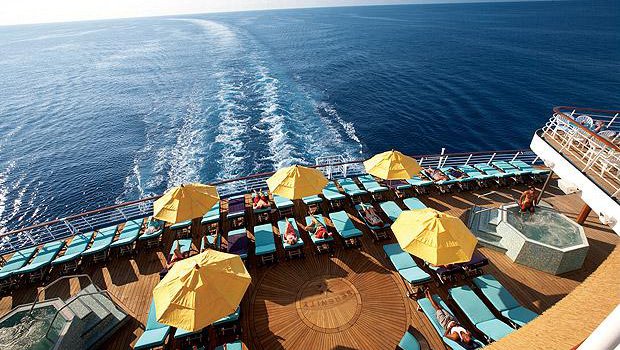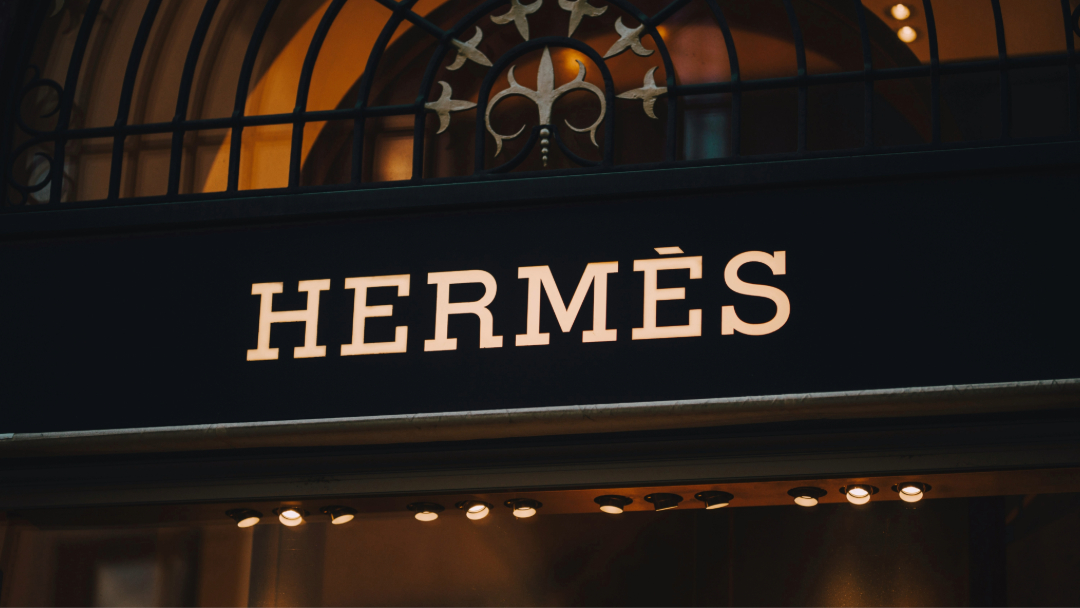Oliver Petcu, managing partner of CPP Management Consultants Ltd, discusses how political & environmental climates will affect luxury hospitality in the coming months

Oliver Petcu, managing partner of CPP Management Consultants Ltd, discusses how political & environmental climates will affect luxury hospitality in the coming months
Oliver Petcu, managing partner of CPP Management Consultants Ltd, discusses how political & environmental climates will affect luxury hospitality in the coming months.
Less than four months into 2011 and it has already been a very tough time for the travel industry worldwide, with one blow after another one: Egypt’s and Tunisia’s overturn of their Presidents, the war in Lybia, the ongoing war in Iraq and Afghanistan, the catastrophic earthquake in Japan and the recent turmoil in Syria which could de-stabilize Lebanon too. The soaring price of fuel has had a direct negative impact on airlines, which have seen demand drop by 30% in the past three months. The domino effect is then spilt onto hotels, which had been already suffering from the weak corporate demand.
Luxury hospitality, which is heavily dependant on both corporate and leisure will see gradual negative effects in the coming two months, with less Japanese tourists travelling internationally, decreasing demand for all Middle Eastern major destinations and the continuation of the corporate travel budget limitations which seemed to have eased early March, especially in the case of major multinational companies based in Japan, Europe and the Middle East.
“ there are less Japanese tourists travelling internationally, decreasing demand for all Middle Eastern major destinations and continued corporate travel budget limitations ”
Vacationers have been facing last minute cancellations for many destinations such as Egypt, Japan, Bahrain, Tunisia and they remain anxious about booking trips to destinations which, at first, might seem as safe but are prone to neighbouring unrest. Two such destinations, which have been booming in the past two years but are on a high alert list for possible unrest, are Morocco and Lebanon, the hospitality markets having seen major investments.
It is this type of ‘’silent alert’’ destinations which make it impossible for investors, developers, hoteliers and travel agents to make any mid to long term strategies. For instance, Marrakech which has welcomed three new luxury properties only the past three months and is expecting the opening of Four Seasons in June and Mandarin Oriental in August, among 6 other developments such as Banyan Tree and Aman Resorts which are under development. Even if unrest within Morocco, which had started earlier this year with relatively peaceful protest against the monarchy, does not imply an immediate effect, the already very unstable region of North Africa makes travellers of any type, leisure or corporate anxious about booking a stay.
All of these political and economical factors are adding to the ongoing challenges facing luxury travel, especially in regards to marketing and sales strategies which are now adjusted monthly or even weekly to maintain profitability.
“ such uncertainty makes it impossible for investors, developers, hoteliers & travel agents to make any mid to long term strategies ”
This week, two major companies, Delta Air Lines and Carnival Group have shared with CNN their current struggles. Delta is seeing a fairly significant drop in demand and bookings to Japan as the country struggles to cope with the aftermath of an earthquake, tsunami and nuclear crisis, said Ed Bastian, the carrier’s president.
The airline is reducing its capacity in Japan by 15 to 20% through May by cutting the number of flights to Tokyo’s Narita International Airport — a Delta hub — and suspending service at the city’s Haneda Airport, Bastian said Tuesday at the J.P. Morgan Aviation Transportation and Defense Conference in New York. The Tokyo market generates more than $2 billion a year for Delta, so the disruption may cost the company up to $400 million, Bastian said. The airline is monitoring the demand, however, and is ready to boost service as needed. “We will not pull out of Tokyo,” Bastian said.
Meanwhile, the political unrest in parts of North Africa and the Middle East — including an uprising in Egypt, anti-government protests in Bahrain and a revolt in Tunisia — is having an impact on cruises.Carnival Corporation, which operates brands such as Carnival Cruise Lines, Holland America Line and Princess Cruises, said there was a significant slowdown in demand for voyages to that part of the world.
“ more than 280 Carnival corporation cruises had to be given new itineraries, an estimated disruption of $44 million in lost revenue ”
More than 280 cruises had to be “reset” — or given new itineraries — and the company estimates this disruption to its business will result in about $44 million of lost revenue, said Howard Frank, Carnival’s vice chairman and chief operating officer, during an earnings conference call on Tuesday.
“We pulled out of just all North African stops, in Tunisia and Morocco and Egypt, and we’ve pulled out of — actually, in some cases, we’ve had to pull out of Israel because we got a lot of resistance,” Frank said. “People are just concerned about going to that part of the world.”There have been many booking cancellations, added Micky Arison, chairman and CEO of Carnival. The company is hopeful the nervousness will settle down and the cruises will go back to a normal booking pattern, Arison said.
Major luxury hotel chains such as Shangri La, Mandarin Oriental and Four Seasons have not yet made specific comments on possible negative effects, short and mid term. It is obvious that, not only hotels in the troubled areas are directly affected, but also hotels which have been relying on travellers from affected regions. All three chains have been quick in sending press releases confirming the safety of their staff and clients in respective hotels, but have not yet released any specific statements.










